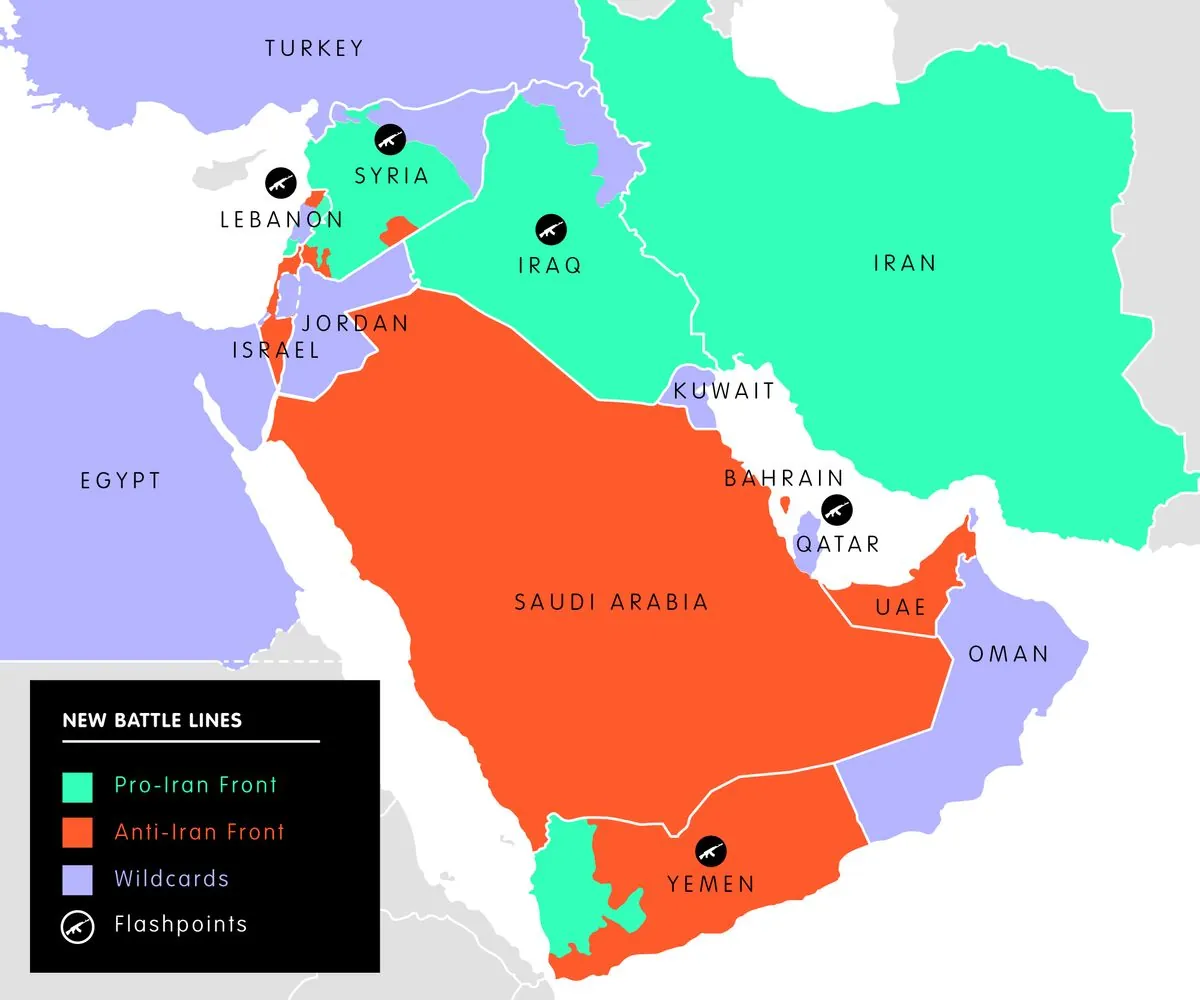The recent detonation of communication devices in Lebanon has dealt a significant blow to U.S. efforts to stabilize the Middle East. This incident, occurring on April 16-17, 2024, resulted in at least 37 fatalities, including Hezbollah operatives, children, and healthcare workers. The event coincided with U.S. Secretary of State Antony Blinken's visit to Egypt, where he urged for de-escalation.
The explosions have intensified the already strained relationship between Israel and Hezbollah, with the latter labeling the apparent sabotage as an "act of war." This escalation threatens to undermine the Biden administration's attempts to prevent a full-scale regional conflict.
"We will not stop until Israel ends the war in Gaza. Detonating explosives in civilian areas - including supermarkets, houses, and on crowded streets - is a crime."
The ongoing conflict traces back to October 7, 2023, when Hamas launched a cross-border assault on Israel, resulting in over 1,200 deaths and more than 240 hostages. Israel's subsequent military campaign in Gaza has led to over 40,000 Palestinian casualties, according to local health authorities.
The United States, as Israel's primary ally and the largest cumulative provider of international assistance since World War II, faces criticism for its unwavering support. Critics argue that this backing has not effectively persuaded Israeli Prime Minister Benjamin Netanyahu to de-escalate the situation.
The conflict has broader regional implications. The Houthi movement in Yemen has been launching attacks on shipping in the Red Sea, while Iran continues its support for both Hamas and Hezbollah. These developments challenge the progress made through initiatives like the Abraham Accords, which normalized relations between Israel and several Arab states in 2020.
U.S. diplomatic efforts, including frequent visits by officials to the region, have yielded limited results. The ongoing negotiations between Israel and Hamas remain deadlocked, with disagreements over Israeli military presence along the Egypt-Gaza border and the exchange ratio of Palestinian prisoners for hostages.
The situation in Gaza has deteriorated significantly, with the United Nations warning of a humanitarian crisis. The Gaza Strip has been under an Israeli-Egyptian blockade since 2007, exacerbating the current conditions. The United Nations Relief and Works Agency (UNRWA), which has been assisting Palestinian refugees since 1949, faces increasing challenges in providing aid.
As tensions continue to rise, the Biden administration's strategy of maintaining diplomatic engagement, despite setbacks, remains crucial. The Quartet on the Middle East, established in 2002, may play a role in future mediation efforts. However, the path to peace remains uncertain, with the risk of further escalation looming over the region.
